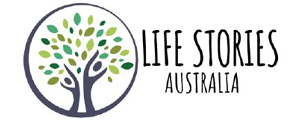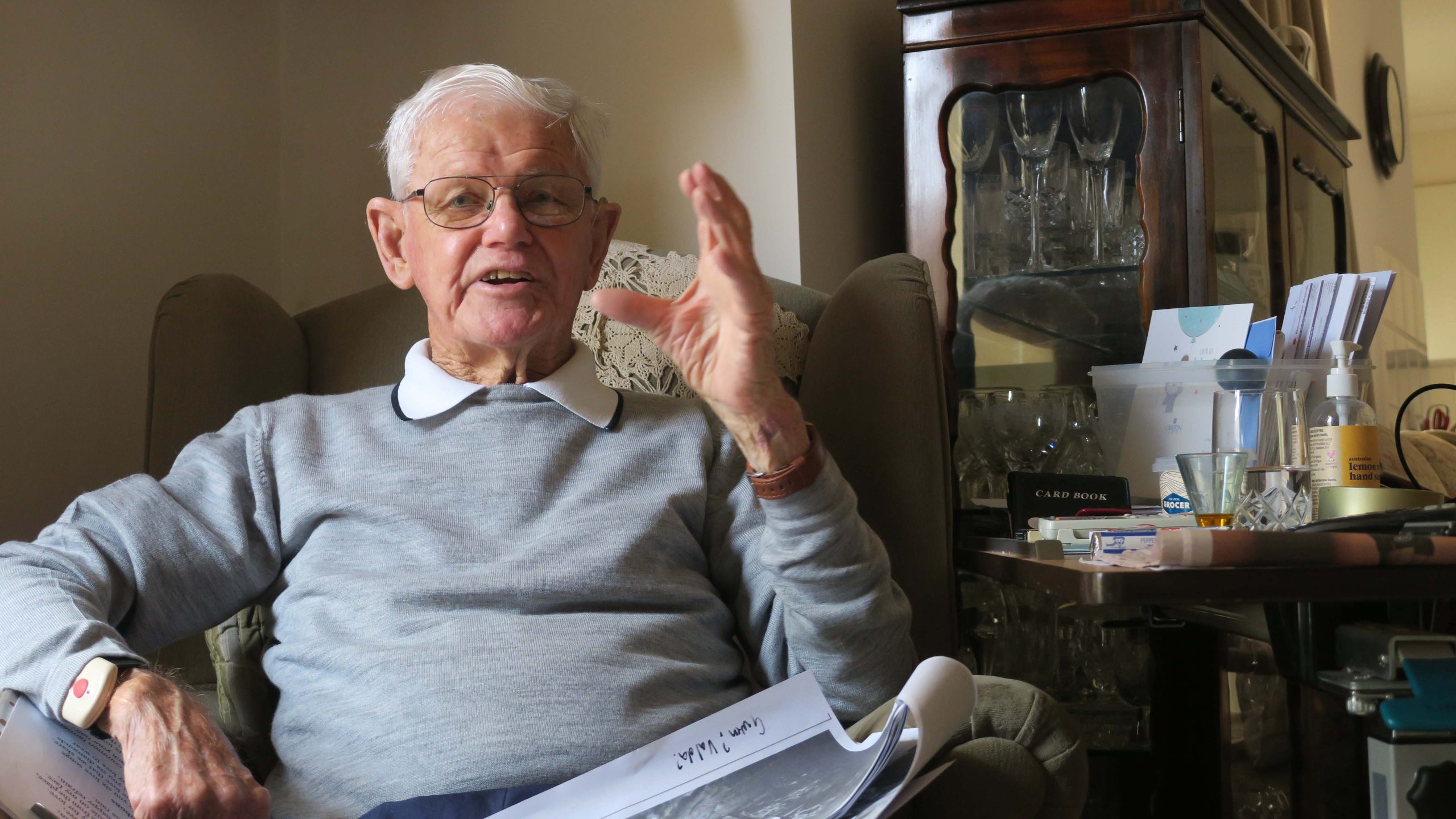The gentleman opposite was interviewed for someone else’s biography. He shared the bones of his own story. An incredible tale of migration and thriving despite childhood and other adversities. When I suggested he should write his own life story. His reply was cutting and quick.
“I don’t believe in vanity projects,” he dismissed. “Not for me.”
Of course, some people are rightly proud of their life’s achievements, be it raising their children, climbing a mountain or building an empire or their own place in the sun. Many people who achieve these feats cannot write about them. Their powers lie elsewhere. They might not know where to begin or what to include. They may be time-poor. They might be waiting for the “right time”. They might be waiting for someone else to ask them to tell their story. Sometimes there is a tragedy that they find it hard to write down. The saddest lament of them all is “no one would be interested in my story”.
Whatever the reason, I want to make a bid for why writing a memoir or life story is not a vanity project.
Explain yourself
One of my favourite parts of interviewing someone about their life story is finding out why they did certain things. What led to a momentous event? What were they thinking before and after? Unpacking an important event is fascinating. Sometimes, you can almost see the relief as they explain how they found themselves in a circumstance. Often there is a lament, but mostly it made them stronger.
These stories have often rattled inside a person’s mind for decades. Friends and family might have found the story too raw or complicated. “Letting sleeping dogs lie” might work for some, but often this lonely path needs reflection and hindsight to put it properly to bed. Older grandchildren can sometimes be enlisted as listeners to these stories, but a kind stranger with an ear for questions works just as well, and sometimes better.
The first draft of history
Newspapers were said to be the first draft of history but will it be the same if we rely on uncurated versions in the online cloud? What of letter writing? Who will look through emails for what happened and when? Individuals must now write their first draft of history. It is our version of events. The National Library in Canberra was so worried about the first draft of history it has taken to hiring photographers to cover a national event like the 2023 referendum. State Library Victoria has also called for its citizens to describe their lives during the COVID-19 lockdowns. They are seeking a first draft of history that you cannot find in newspapers and some would say you never could.
If an important event has happened to you or near you, you should write about it in a way that documents what it was like. History writers may come looking for the story one day.
Living through an era
Stories from the past did not always make the news. Percy Rogers in Taking Action (published by Stories to Keep) tells of the 1955 election skullduggery in the streets of Carlton during the ALP Split. Percy talks of standing on cars to slap up election signs and pull down the opposition’s; of hanging dead rats over their election opponent’s signs; and defacing the signs. Hijinks. The irony is that today that actually might make a newspaper in a “how-dare-they?” story. Percy’s hindsight retelling of thes events from the trenches gives us a sense of what it was like and injects humour into this pivotal time in politics.
Nation-builders
We are all nation builders. Every job we do contributes to the country we are becoming. People in their 80s and 90s now were movers and shakers in the 1970s and 1980s. Upheaval and change occurred in Australia and around the world occurred in those turbulent times. Good luck finding oral histories or much history at all of those times. Yet, this generation lived and worked through banking, stock market and oil crises. They wore flared pants, platform shoes and ra-ra skirts. They saw buildings and stadiums built and demolished in just one generation. They developed new farming techniques and cars. Their lessons in staring down uncertain economic times are just as relevant today. There are column centimetres and PhD papers written about this period in Australian history, but the nitty gritty and eyewitness accounts are missing. This is where your story can be of use. Reflecting on that personal experience, giving others an insight into an important period is vital for the next generation.
What was it like
During the COVID-19 lockdown, I wrote a book about a company and its 100 years. During that time, one of the interviewees described the polio epidemic. Schools were closed and were replaced with radio shows giving lessons – a step harder than online learning. No wonder so many could not read and write from that era.
Travel in yesteryear was often by boat and it took a few planes to get from Australia to Europe or the United States. Travellers stopped in exotic places like Egypt, Sri Lanka and South Africa. Where did they sleep? What was the food like? When you got off the boat what did you see? There is so much to tell.
Vain or vale
It is not vain to write about our time. It is not big-headed to explain what it was like to leave our homeland. It can be humbling and bolstering to tell our stories, but it gives us a chance to pay tribute to those who got us through. Retelling how we lived through crises can give others strength and hope. As we dip our toes in the water of another economic crisis, it is good to remind ourselves where we have been and to remind our children it is in their DNA to survive whatever life throws at us.



Follow Us